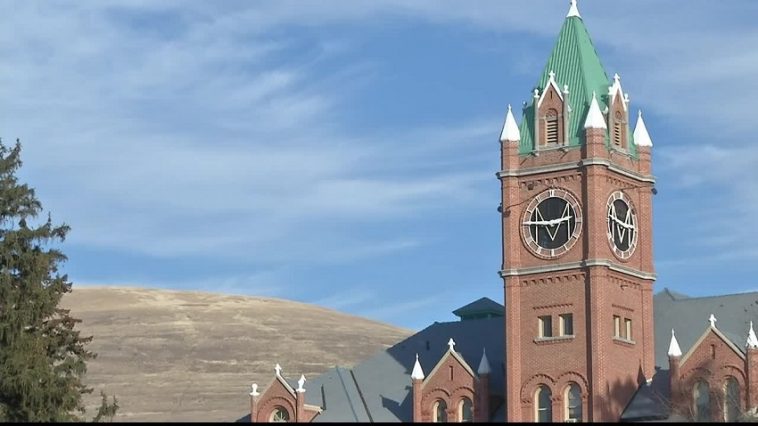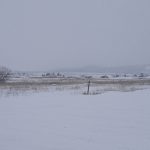Missoula, MT – Recent studies from the University of Montana (UM) are highlighting the increasing challenges of forest regeneration in the Western U.S. as rising temperatures and escalating wildfires exacerbate the need for reforestation. The findings paint a stark picture of a rapidly growing gap between the lands requiring reforestation and the capacity to restore them.
The first study, led by Solomon Dobrowski, a researcher in the W.A. Franke College of Forestry and Conservation at UM, reveals that between 1984 and 2021, severe wildfires across the Western U.S. created an estimated 5.9 million acres of reforestation needs. Alarmingly, just 20 large wildfires since 2000 accounted for a quarter of that figure. As the global climate continues to warm and the fire season lengthens, projections suggest that these reforestation needs could double or even triple by 2050.
“Forests in the Western U.S. are contending with a lethal combination of severe fires that kill existing trees, coupled with increasingly inhospitable post-fire conditions that limit tree regeneration,” Dobrowski explained. “If we want to maintain the forests we know and love, we will need to get serious about scaling reforestation efforts.”
Compounding the problem, a second study led by Zach Holden from the Rocky Mountain Research Station, with Dobrowski as a coauthor, found that between 13% and 20% of existing forested areas are facing soil surface temperatures that exceed the thermal limits for conifer seedlings to grow. The loss of tree canopies due to wildfire increases soil exposure, raising temperatures and making it even harder for new trees to take root.
“This means that relying on natural regeneration or tree planting may not be enough as the soil itself may be too hot for seedlings to successfully develop,” Holden said.
Historically, the timber and fiber industries played a significant role in meeting reforestation needs following large-scale fires. However, a decades-long decline in these industries has led to a cumulative shortfall of approximately 3.8 million acres of unmet reforestation needs. The growing frequency and severity of wildfires are further deepening the gap between reforestation requirements and the capacity of land managers to fulfill them.
The situation is worsened by additional pressures such as prolonged droughts, rising temperatures, and increasing human encroachment on forested areas. In response to this urgent issue, federal funding has been allocated to support research in this area, with projects funded by agencies including the National Science Foundation, NASA, and the U.S. Department of Agriculture.
For Dobrowski and his colleagues, reversing the trend of deforestation will require substantial infrastructure investments, such as greenhouses and seed nurseries, that can adapt to the year-to-year variability in the areas affected by wildfire. The researchers also advocate for the development of innovative economic incentives, like conservation financing, to help expand the reforestation pipeline and promote more resilient landscapes.
“To improve the pace of the reforestation pipeline, the research underscores the need for a wider range of actions, such as increased public and private partnerships, as well as leadership and innovation,” Dobrowski said.
The studies also suggest that more innovative reforestation strategies could improve the long-term health and resilience of Western U.S. forests. These strategies include the use of climate-adapted seed zones, increasing tree species diversity, and implementing fire-resistant planting patterns.
As wildfires continue to ravage the West, experts stress that without proactive and large-scale efforts to restore and protect forests, the U.S. could face irreversible changes to its vital ecosystems in the coming decades.



